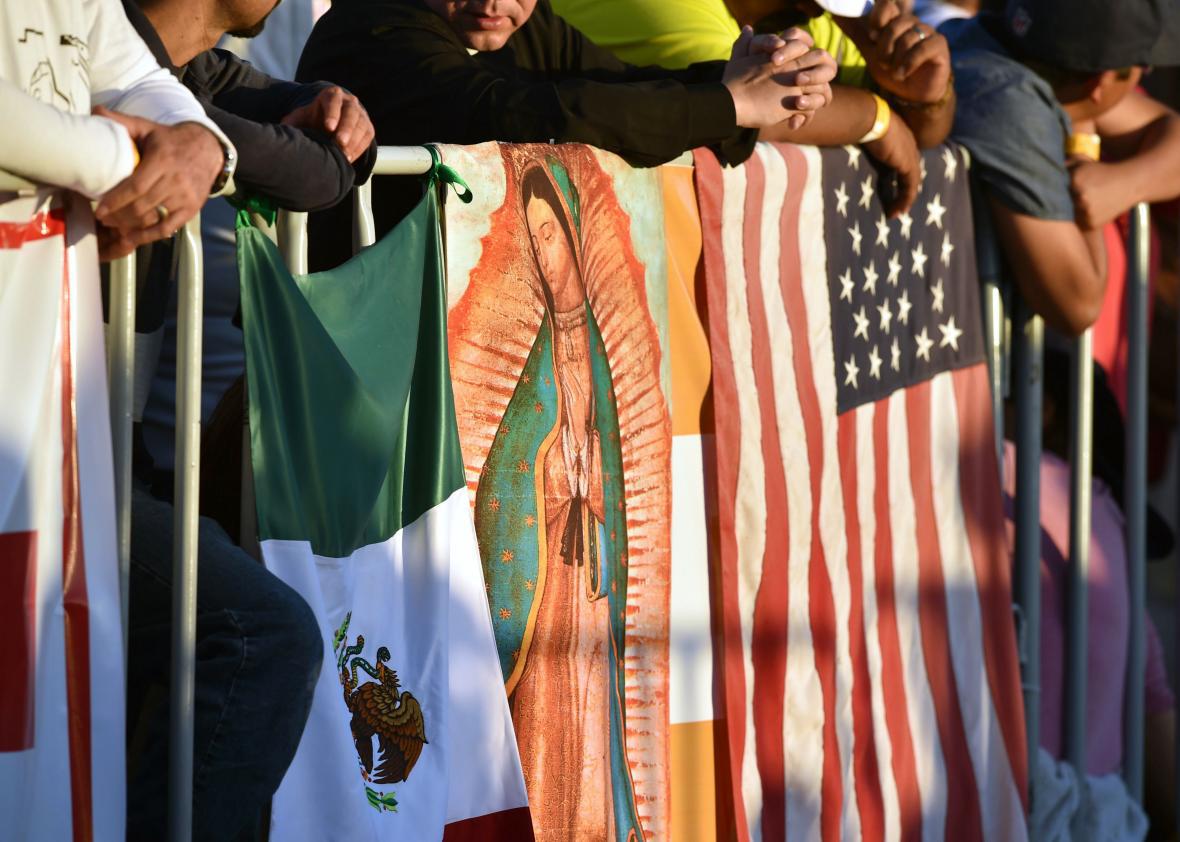The whole country seemed to breathe a sigh of relief Tuesday night when far-right conspiracy-theorist-in-grandma’s-clothing Mary Lou “Obama Was a Gay Prostitute” Bruner lost her primary runoff for a seat on the scarily influential Texas State Board of Education. The New York Times, among many other outlets outside of Texas, promptly reported on Bruner’s defeat by chiropractor and local school board member Keven Ellis.
But even if we dodged a bullet this time, is the Texas State Board of Education out of the woods yet—or are there more crises on the horizon? Even without Bruner and her loony theories about the assassination of JFK (hint: the Democrats did it) or the number of special-education students in Texas schools (Mary Lou said half; Texas actually has the lowest percentage of special-education students in the entire country) getting a seat at the table, the Texas State Board of Education continues to be an alarming—and alarmingly powerful—body.
Just this week, the board has gotten embroiled in yet another textbook controversy, this one concerning a proposed tome that offers a unique take on Mexican-American history.
In 2012–2013 school year, Hispanic students constituted 51.3 percent of Texas’ five-million-plus public-school students, and advocates have long called for the state’s curriculum to include more mentions of them. So while at first blush, it might seem like a positive development that Texas has agreed to include a textbook on Mexican-Americans on its list of proposed titles for the 2017-2018 school year, I think it’s safe to say that the only such textbook presented to the board, titled Mexican American Heritage, isn’t exactly what these Latino scholars and activists had in mind when they proposed including Mexican-American history in multicultural electives (which not all districts offer).
Why’s that? Well, some experts might take issue with the characterization of members of the Chicano Civil Rights Movement in the 1960s as people who “adopted a revolutionary narrative that opposed Western civilization and wanted to destroy this society.” Or perhaps they’d prickle at the passages linking Mexican-Americans to undocumented immigration, which the textbook proceeds to blame for “a number of economic and security problems,” including “poverty, drugs, crime, non-assimilation, and exploitation.”
Another passage, as reported by the Washington Post, questions how well Mexican-Americans have integrated into U.S. society:
Cubans seemed to fit into Miami well, for example, and find their niche in the business community … Mexicans, on the other hand, seemed more ambivalent about assimilating into the American system and accepting American values…The concern that many Mexican-Americans feel disconnected from American cultures and values is still present.
So why this book, when there are already legit Mexican-American textbooks in circulation? Well, Mexican American Heritage happens to have been produced by a company called Momentum Instruction, which happens to be headed by a controversial SBOE member of yore—Cynthia Dunbar, who was on the state board of education from 2007 and 2011.
Dunbar, a mega–right-wing “Christian activist” and erstwhile Ted Cruz co-chair in Virginia, made headlines during her time on the board for writing a book of her own, One Nation Under God, which called public education a “subtly deceptive tool of perversion.” As the Texas Freedom Network, a watchdog organization that played a big role in Bruner’s downfall in Tuesday’s run-off, wrote at the time of the book’s publication, Dunbar’s book:
… charges that the establishment of public schools is unconstitutional and even “tyrannical” because it threatens the authority of families, granted by God through Scripture, to direct the instruction of their children…Dunbar, who has home-schooled her children and sent them to private schools, bases that charge on her belief that “the underlying authority for our constitutional form of government stems directly from biblical precedents.”
It’s impossible to predict whether Mexican American Heritage will get approved by the board. Dunbar’s association with its publisher certainly works in the textbook’s favor, but the adoption process is long, and the outcry that has greeted its appearance can’t be good for its chances. But one thing is certain: As long as Texas remains rife with anti-government activists who are vying for positions in the state government, Texas’—and, because of Texas’ outsize influence on the national textbook market, the nation’s—public education system remains in deep trouble.
As Dan Quinn, Texas Freedom Network’s communications director, told me, even without Bruner, “The state board still has a hardcore faction of ideologues who flatly reject evolution, think climate change science is a hoax, and insist that students learn a politicized distortion of American history that would make Joseph McCarthy and Jerry Falwell almost giddy with glee. That means debates over a proposed Mexican-American studies textbook and revisions of the state’s science and history standards the next two years will likely be as contentious and embarrassing as past board battles.” Oy.
